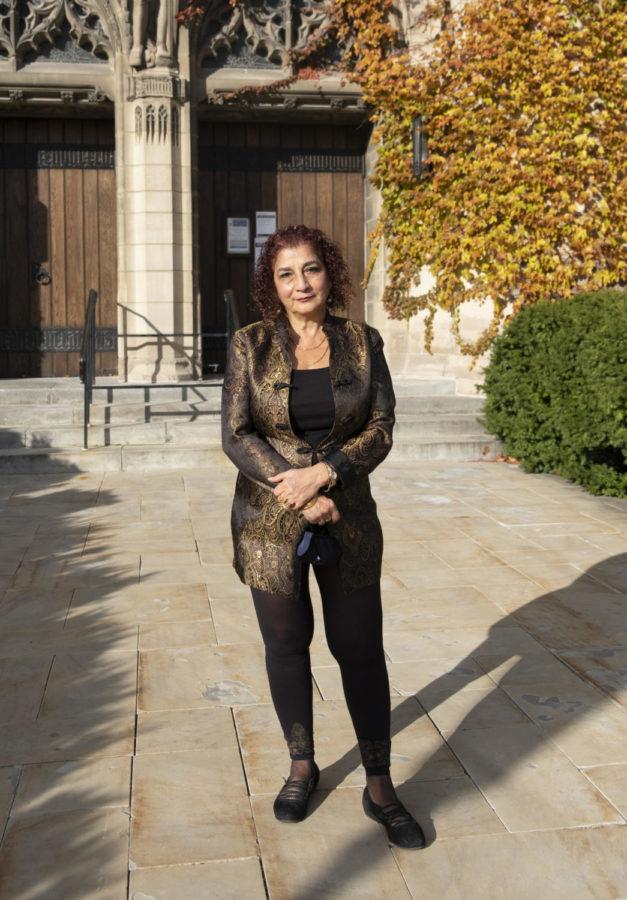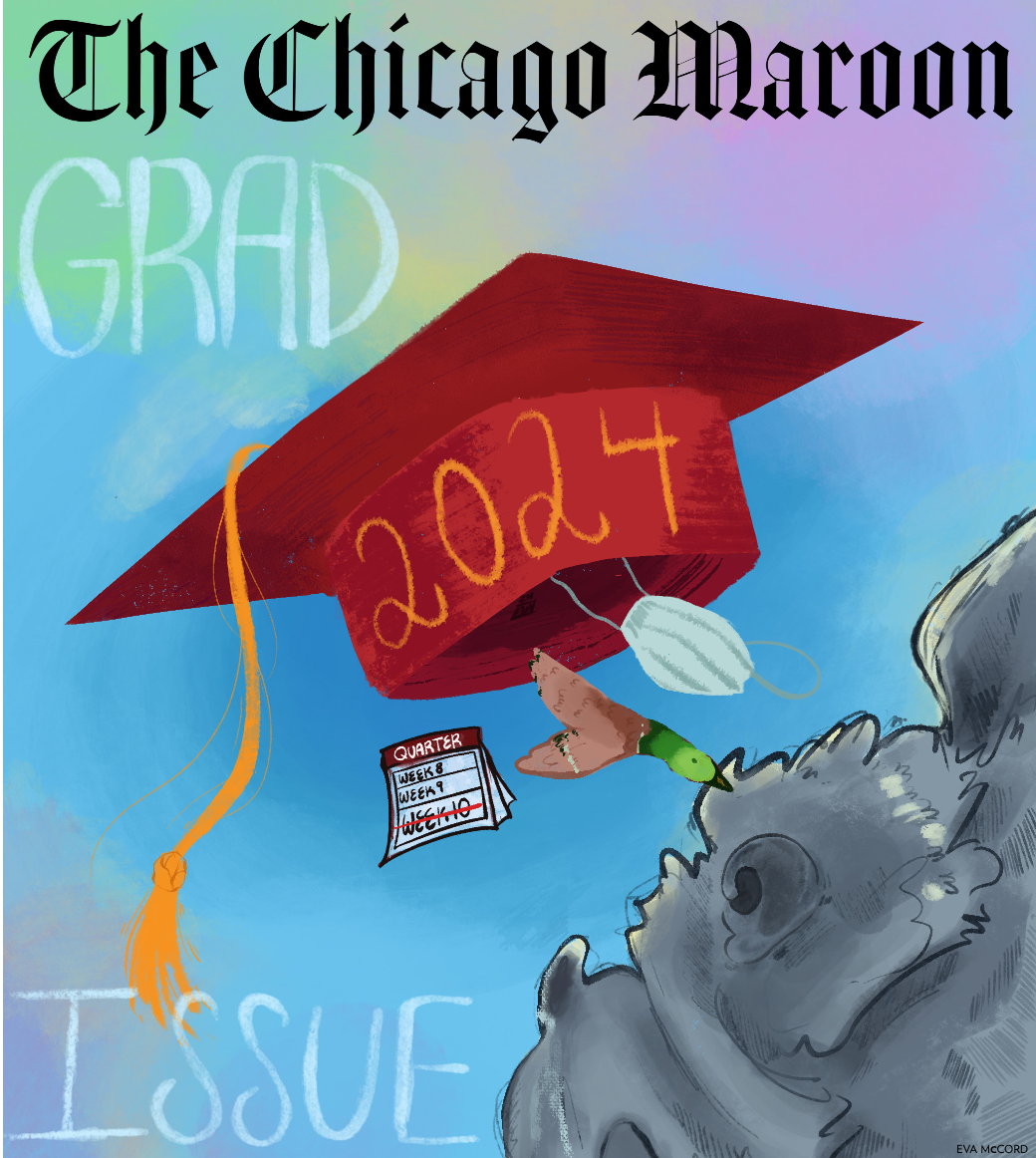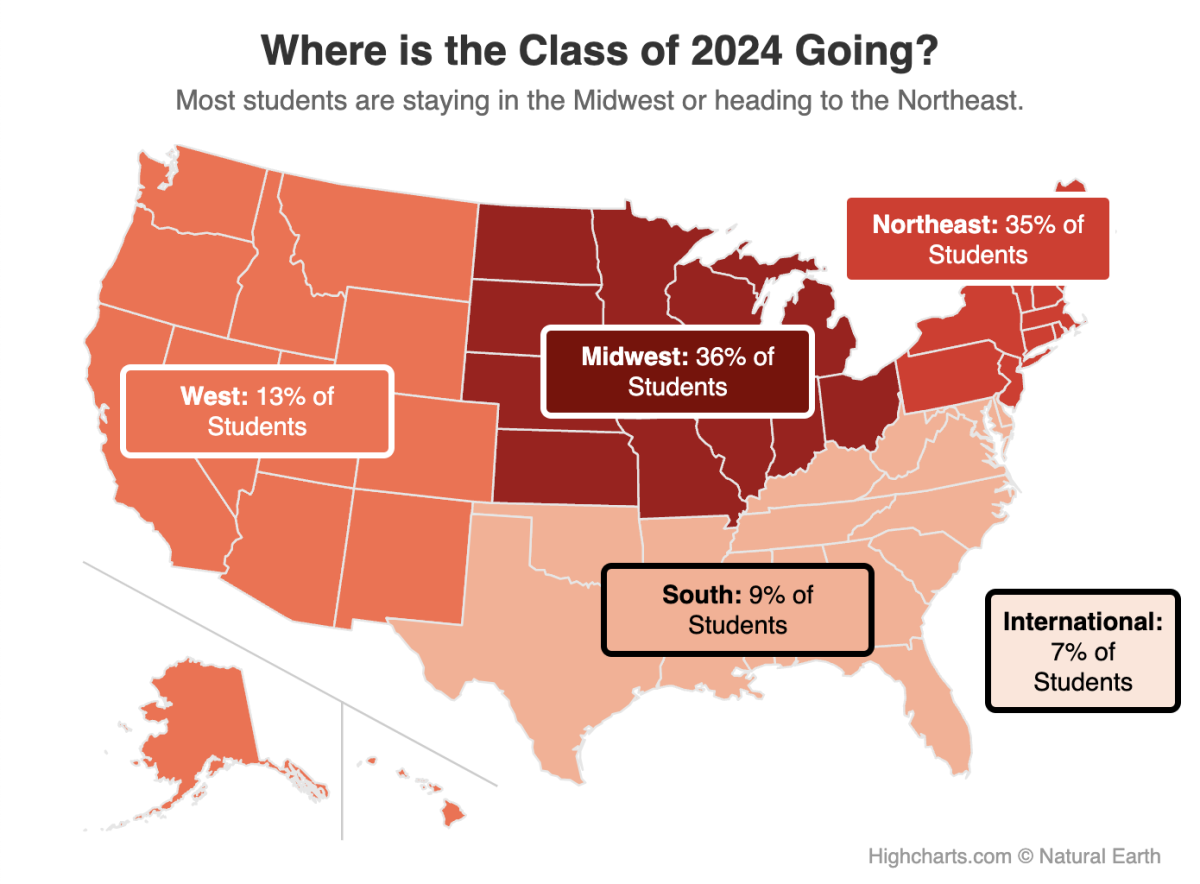During the COVID-19 pandemic, older adults have been mentally resilient and have not altered their social habits as much as expected, according to a recent study conducted by the National Opinion Research Center (NORC) at the University of Chicago.
The study, an extension of NORC’s National Social Life, Health, and Aging Project, was initiated with the hopes of comparing the mental wellness of the elderly during the pandemic with that of 2015.
Mental health was measured using interviews conducted over the phone or through web surveys with nearly 1,500 aged 55 to 99. Another cohort of paper and pencil respondents will be analyzed soon.
Nine percent of respondents claimed they had “fair or poor overall mental health” this October, marking only a slight increase from seven percent who answered the same in 2015. Louise Hawkley, the lead researcher of the study, added that overall, respondents also did not report a greater frequency of feeling left out or lonely, although their answers indicated that depressive symptoms had increased, and overall happiness levels had decreased.
“They were more robust than we might have expected in terms of their mental health,” Hawkley said. Indeed, many older adults fared better than their younger counterparts in terms of mental well-being.
Hawkley said that a possible explanation for these phenomena was that, even in non-pandemic times, older adults tend to respond to stress better than young adults.
“People actually get happier the older they are and part of it, I believe, is their experience having dealt with stressors. They've learned some of the ropes. They know how to handle it, they know it’s not forever. There is another side. They know they’ll get to that other side,” she said.
Elderly folks have also been socializing more often than was initially expected (and recommended) by public health officials.
“We thought that given the constraints on social activity that older adults in particular would be very careful about how much contact they had with others in a face to face sense,” Hawkley said. “And surprisingly, about half of the people reported they haven't really changed their in-person contact. It was still quite regular, at least weekly.”
Researchers speculated that high levels of mental resilience may stem from increased social interaction.
“One of the ways people deploy resilience strategies is to rely on other people. So maybe there’s a trade-off. Yes, it might be less healthy to have more in-person contact, but maybe that's the part of life that really protects you from mental health decrements,” Hawkley said.
Researchers have yet to find out how safer alternatives to in-person socializing, such as video or phone calls, bolster coping among older folks. For example, a weekly Zoom call with grandchildren could provide a similar effect as an in-person get-together for mental well-being.
It will take a while for Hawkley and the rest of the research team to develop a more intimate understanding of trends and the quantifiable reasons behind them. In addition to this complication, she said that in doing research, it is important not to lump such a large age cohort (55 to 99) together.
“We would never say that how [the pandemic] affects a child is how it affects a young adult, cause there's a 20 to 30-year difference. The same is true at the other end of the life spectrum,” Hawkley said.
Responses from the pencil and paper crowd of participants have yet to be factored in, and there is a good chance that they may be less likely to utilize technology to replace or supplement in-person interactions. The overall results and conclusions of the study are thus subject to change.



















